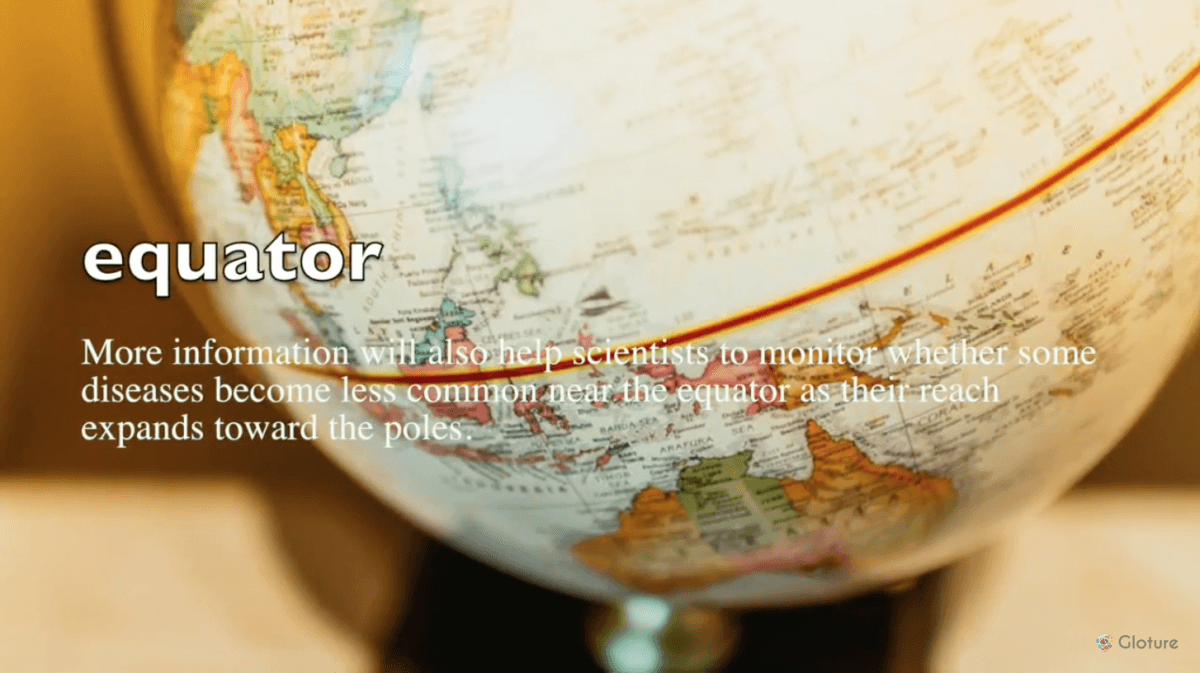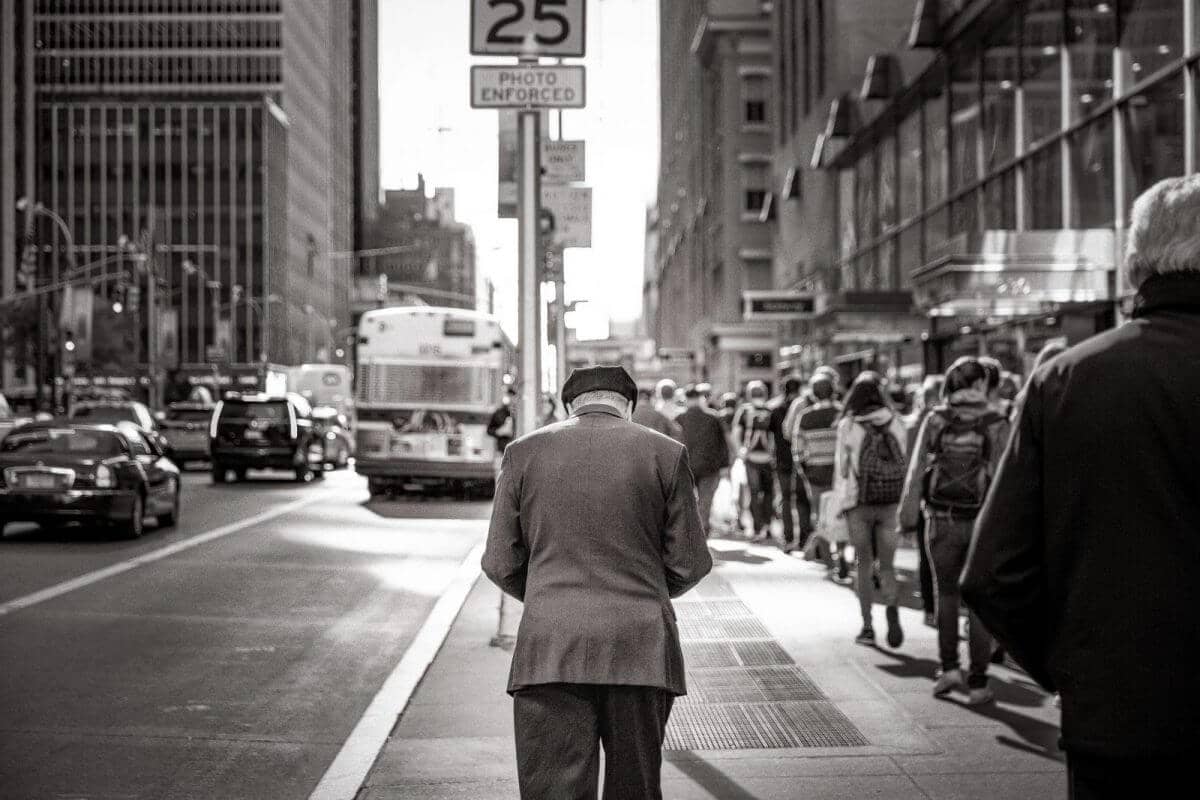Television has transformed politics in the United States by changing the way in which information is disseminated, by altering political campaigns, and by changing citizen’s patterns of response to politics. By giving citizens independent access to the candidates, television diminished the role of the political party in the selection of the major party candidates. By centering politics on the person of the candidate, television accelerated the citizen’s focus on character rather than issues.
Television has altered the forms of political communication as well. The messages on which most of us rely are briefer than they once were. The stump speech, a political speech given by traveling politicians and lasting 11/2 to 2 hours, which characterized nineteenth-century political discourse, has given way to the 30-second advertisement and the 10 second “sound bite” in broadcast news. Increasingly the audience for speeches is not that standing in front of the politician but rather the viewing audience who will hear and see a snippet of the speech on the news.
In these abbreviated forms, much of what constituted the traditional political discourse of earlier ages has been lost. In 15 or 30 seconds, a speaker cannot establish the historical context that shaped the issue in question, cannot detail the probable causes of the problem, and cannot examine alternative proposals to argue that one is preferable to others. In snippets, politicians assert but do not argue.
Because television is an intimate medium, speaking through it require a changed political style that was more conversational, personal, and visual than that of the old-style stump speech.Reliance on television means that increasingly our political world contains memorable pictures rather than memorable words. Schools teach us to analyze words and print. However, in a word in which politics is increasingly visual, informed citizenship requires a new set of skills.
Recognizing the power of television’s pictures, politicians craft televisual, staged events,called pseudo-event, designed to attract media coverage. Much of the political activity we see on television news has been crafted by politicians, their speechwriters, and their public relations advisers for televised consumption. Sound bites in news and answers to questions in debates increasingly sound like advertisements.
Questions:
1. What is the main point of the passage ?
(A) Citizens in the United States are now more informed about political issues because of television coverage.
(B) Citizens in the United States prefer to see politicians on television instead of in person.
(C) Politics in the United States has become substantially more controversial since the introduction of television.
(D) Politics in the United States has been significantly changed by television.
2. The word “disseminated” in line 2 is closest in meaning to
(A) analyzed
(B) discussed
(C) spread
(D) stored
3. It can be inferred that before the introduction of television, political parties
(A) had more influence over the selection of political candidates
(B) spent more money to promote their political candidates
(C) attracted more members
(D) received more money
4. The word “accelerated” in line 5 is closest in meaning to
(A) allowed
(B) increased
(C) required
(D) started
5. The author mentions the “stump speech” in line 7 as an example of
(A) an event created by politicians to attract media attention
(B) an interactive discussion between two politicians
(C) a kind of political presentation typical of the nineteenth century
(D) a style of speech common to televised political events
6. The phrase “given way to” in line 10 is closest in meaning to
(A) added interest to
(B) modified
(C) imitated
(D) been replaced by
7. The word “that” in line 12 refers to
(A) audience
(B) broadcast news
(C) politician
(D) advertisement
8. According to the passage , as compared with televised speeches, traditional political discourse
was more successful at
(A) allowing news coverage of political candidates
(B) placing political issues within a historical context
(C) making politics seem more intimate to citizens
(D) providing detailed information about a candidates private behavior
9. The author states that “politicians assert but do not argue” (line 18) in order to suggest that
politicians
(A) make claims without providing reasons for the claims
(B) take stronger positions on issues than in the past
(C) enjoy explaining the issue to broadcasters
(D) dislike having to explain their own positions on issues to citizens
10. The word “Reliance” in line 21 is closest in meaning to
(A) abundance
(B) clarification
(C) dependence
(D) information
11. The purpose of paragraph 4 is to suggest that
(A) politicians will need to learn to become more personal when meeting citizens
(B) politicians who are considered very attractive are favored by citizens over politicians who are
less attractive
(C) citizens tend to favor a politician who analyzed the issue over one who does not
(D) citizens will need to learn how to evaluate visual political images in order to become better
informed
12.According to paragraph 5, staged political events are created so that politicians can
(A) create more time to discuss political issues
(B) obtain more television coverage for themselves
(C) spend more time talking to citizens in person
(D) engages in debates with their opponents
13. Which of the following statements is supported by the passage ?
(A) Political presentations today are more like advertisements than in the past.
(B) Politicians today tend to be more familiar with the views of citizens than in the past.
(C) Citizens today are less informed about a politician’s character than in the past.
(D) Political speeches today focus more on details about issues than in the past.
Answers:
DCABC DABAC DBA
TOEFL Reading Practice Online | Q&A 010










